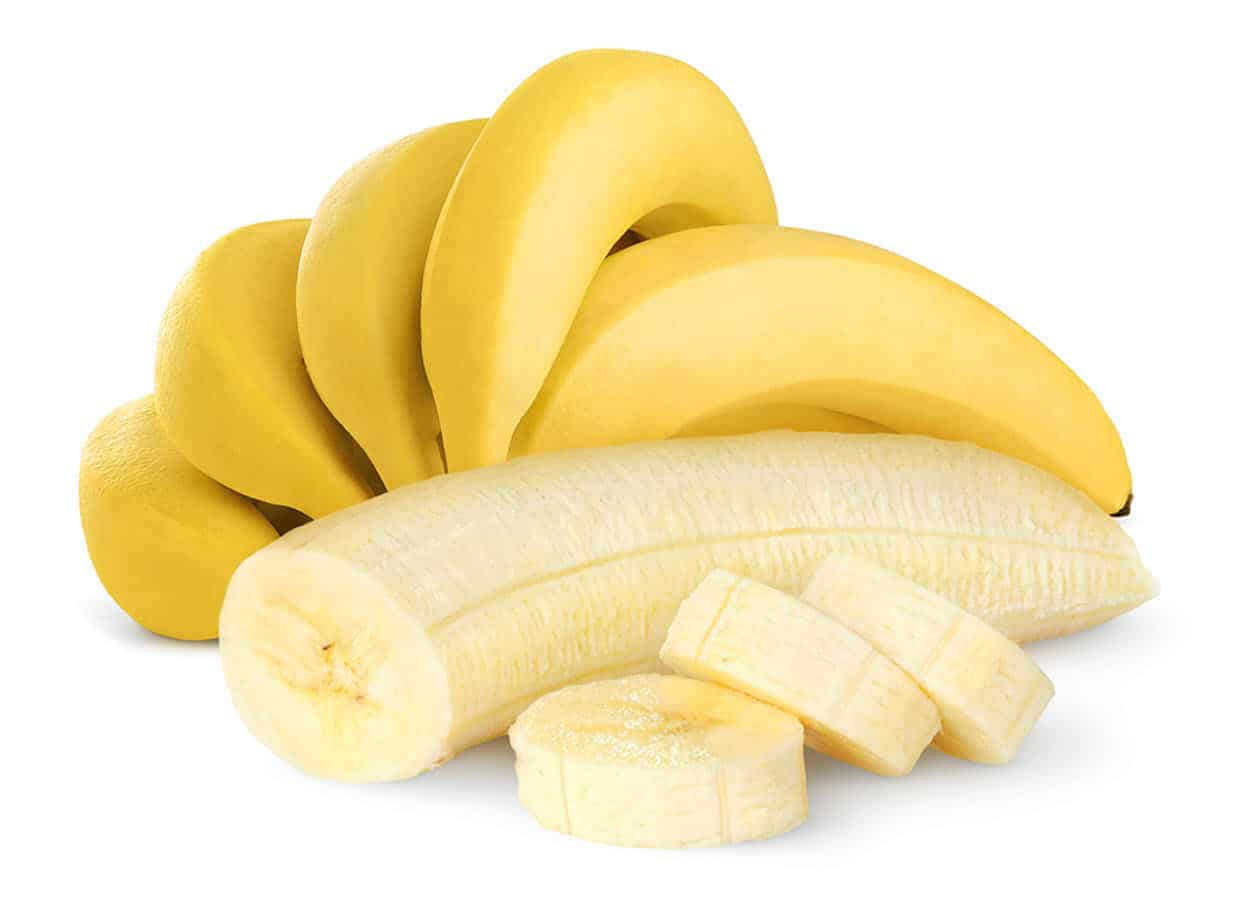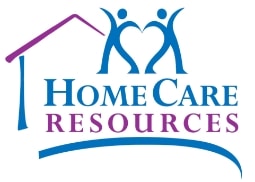Potassium is a mineral found in the foods we eat like bananas, tuna, and much more. It is also an electrolyte that helps our cells, tissues, and organs function properly. We all need a certain amount of potassium to thrive. This is especially true for elderly adults. However, it can be damaging to the body if a person has too little or too much potassium. This is why it is essential for elderly care providers and family caregivers to learn all they can about potassium levels in elderly adults.

High Potassium Causes for Elderly Adults
There are many things that can cause high potassium levels in elderly adults. Some of these include the following:
Medications – Non-steroidal anti-inflammatory medications, diuretics, and several other types of drugs can have an effect on kidney function, which in turn can cause high potassium levels.
Diet – Eating too many high-potassium foods such as nuts, certain yogurts, bananas, and even salt substitutes can cause too much potassium to enter the bloodstream.
Reduced blood flow – As a person gets older, their kidneys sometimes have trouble filtering the blood. This can cause high potassium to build up in their bloodstream.
High potassium can cause harm to the body. This is why it is important to be aware of the medications your elderly loved one is taking and the foods they are eating every day. However, remember, we do all need potassium, so don’t try to cut it out of your elderly loved one’s diet completely.
High Potassium Symptoms for Elderly Adults
High potassium can cause mild to severe symptoms like weakness, numbness, and tingling in the muscles. These symptoms usually come on gradually over several weeks. Sometimes it can even take months before a person experiences any symptoms. However, these symptoms can appear out of nowhere which could be dangerous. If your elderly loved one feels chest pain, nausea, heart palpitations, or other severe symptoms, it is essential to call 911 or take them straight to the emergency room.
Tips for Managing High Potassium
There are easy ways to help your elderly loved one manage their high potassium levels. Some tips for managing high potassium levels include the following:
Eat low-potassium foods
Omit salt substitutes
Speak with a doctor about using water pills
It is essential for your elderly loved one to consult with their doctor before completely changing their diet plan or before taking any water pills.
Conclusion
It is important for your elderly loved one to maintain the proper potassium levels. However, this can be a little difficult to accomplish. They can start by using the tips you found here today and by speaking directly with their doctor.
If you or an aging loved-one are considering hiring a Caregiver in Sun City, AZ, please contact the caring staff at Home Care Resources at (602) 443-4700
Sources
https://ods.od.nih.gov/
https://www.healthline.com/
https://www.merckmanuals.com/
- Heart Attack Recovery: How 24-Hour Home Care Can Help - July 22, 2024
- How to Help Seniors With Arthritis - July 8, 2024
- Living With a Pacemaker: A Guide for Seniors - June 24, 2024




